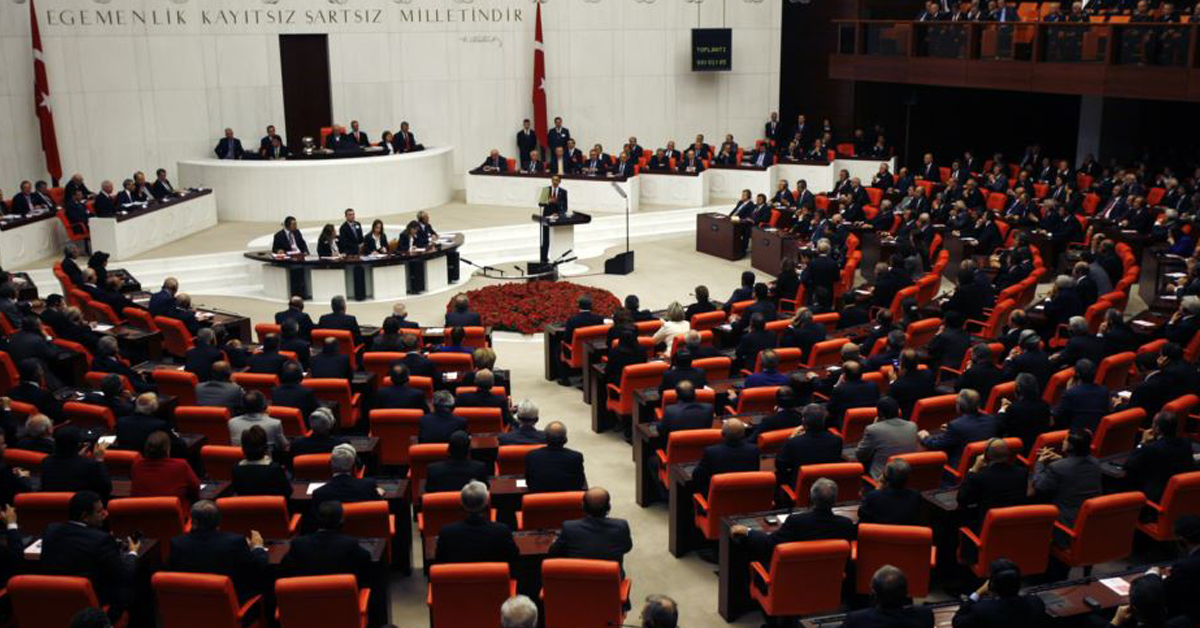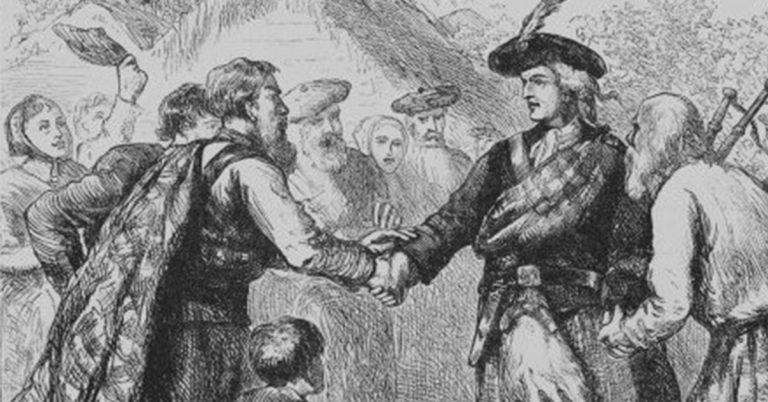
by Ahmet Erdi Öztürk
Religion and belief are two of humanity’s oldest identity codes. Identity is intertwined with religion and, with or without it, is an indicator of humanity’s ego, strengths and weaknesses. If we examine it through this lens, religion, identity and power could be described collectively as fundamental normative elements, and their intricate relationships assume a critical form. So, is this complicated relationship valid only for humanity? No. These elements, from which humanity has no means of escape, are equally valid for states and are variable as they are for individuals.
What, then, do religion, identity and power mean for the modern state? Are these all of its descriptive elements or are there others? If we truly live in a post-secular world, what degree of influence does religion wield over the identities and strength of states? If there exists such an influence, to what extent is it fixed or variable? How is a state identity within which religion resides influential in the normative and practical strength of those states? And are all these elements valid within the borders of every country?
Answering these questions is impossible if we mention only the research conducted on issues of religion and politics or of religion and international relations. It requires a comprehensive analysis of the element of power, the various patterns of power within states, the raison d’état and the state identity in a discussion that regards the relationships between each of these components.

Linear and horizontal roles of religion, power and identity in foreign policy
To answer these questions, my new book, Religion, Identity and Power: Turkey and the Balkans in the Twenty-First Century, examines the roles that religion has played in state identity as well as these states’ perceptions of power through Turkey and its influence over the Balkans using an interdisciplinary perspective. This examination is not limited merely to archival research or exploration of the works of authors who have previously discussed these issues. The work comprised field research conducted uninterrupted for three years and then intermittently afterwards and was enriched with interviews with more than 120 elites.
A principal, pressing question here may be why I chose to examine the role of religion through state identity and elements of power in foreign policy by studying Turkey and its actions in the Balkans. This essentially pertains to the salience of religion for both Turkey and the Balkans ever since the Ottoman era. Moreover, religion remains a point of convergence for Turkey and its Balkan neighbours and is remarkably important for societies and states. I discuss religion in this context because it occupies a determinant position for these societies, not only in Sunni Islam but in other religious structures as well.
For instance, although Turkey may appear to reject its Ottoman legacy, it followed it as well as issues of religion, state and society, first institutional and later in terms of some structural characteristics. And while the official state rhetoric may not illustrate this, religion has a role in both state and society at every critical juncture through which the state has passed. This role has drawn onto the stage the current regime – the Justice and Development Party (AKP) – and its leader, Recep Tayyip Erdoğan, and this situation has managed to keep them in this position.
Until the emergence of Erdoğan’s Turkey, the Turkish state had gradually deviated from its founding identity and had become engrossed with a new identity altogether, and it sought to amass power in a novel manner in various regions of the world. But within Erdoğan’s Turkey, domestic political changes, the characteristics of the relevant actors, the global conjuncture and Turkey’s institutional fragility compelled the raison d’état and state identity to undergo a multifaceted evolution. One began, in this context, to see how religion embodied a modifying element, in a manner that was relatively banal yet powerful, in top-down and bottom-up trajectories. This influence first started to alter the function, institutional configuration and even the reflexes of the state. And within this modification, it necessarily revealed itself in foreign policy.
While this change can be perceived through Turkey’s relations with Europe, Africa or the United States, I endeavoured, in my research, to scrutinise the influence of this change on the Balkans and the reactions of various Balkan nations to this situation. In this pursuit, I saw how the change that Turkey experienced and its excessive use of religion in foreign policy during the era of AKP rule triggered a host of multidimensional and disparate reactions, transcending the boundaries of soft power or public diplomacy – as is portrayed in the traditional discourse. Among these reactions, I observed the structures of countries exposed to this policy, the power relations they developed with Turkey and the degree to which Turkey’s influential capacity is important.
Turkey: An ambivalent actor for the Balkans and Beyond
In sum, the state identity Turkey altered with the impact of religion could reasonably be perceived as soft power in foreign policy. But this is not confined to the limitations imposed by such a definition of power, and it appears to have sparked indeterminate reactions and degraded the nature of foreign relations. To this end, this paints an intricate and multifaceted picture by producing a discrete outcome for each case. To understand this complicated picture, my book presents you with a compass which includes different definitions and functions of religion, identity and power.
About the author

Dr Ahmet Erdi Öztürk is Lecturer in International Relations and Politics at London Metropolitan University and a Marie Sklodowska-Curie fellow at Coventry University in the UK and GIGA in Germany. Religion, Identity and Power:
Turkey and the Balkans in the Twenty-First Century is available this month from Edinburgh University Press.





